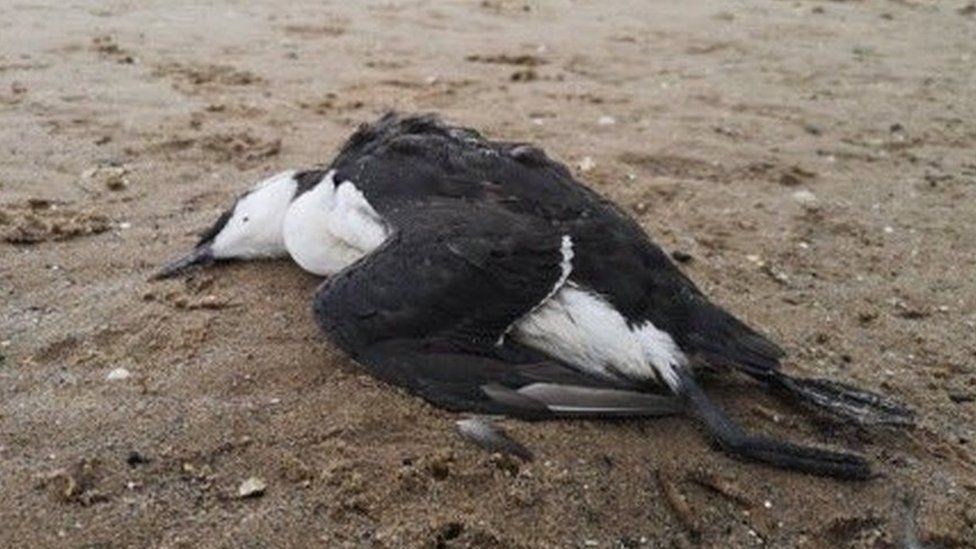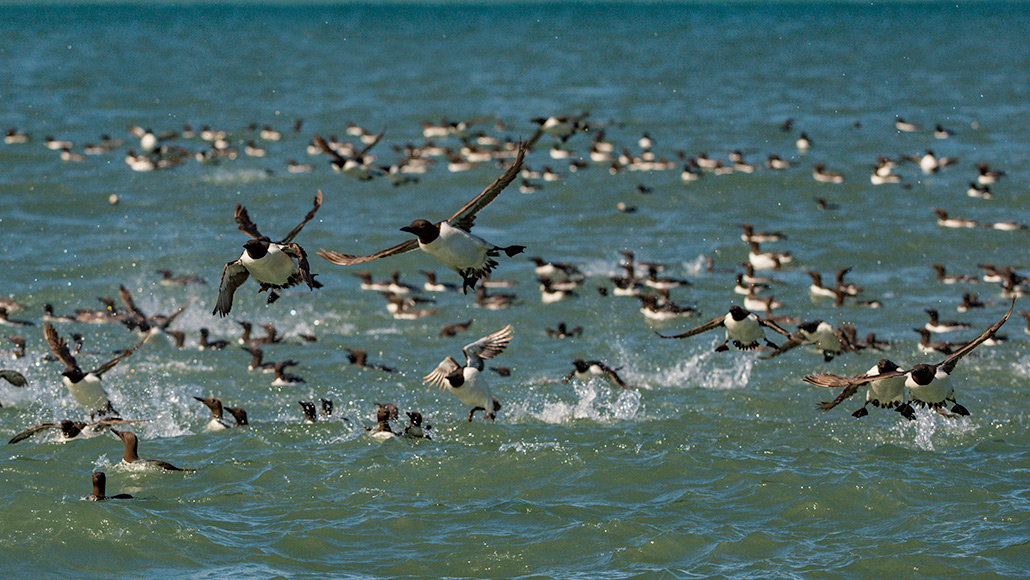Seabird populations along the Pacific coast are facing a growing risk as warming oceans caused by climate change is leading to a mass die off of seabirds, according to a study by researchers at the University of Washington.

Mass Die Off Of Seabirds Might Be Due To The Warming Of Oceans; Know More|BBC
The study found that a mass die off of seabirds were more likely to occur during elevated sea surface temperatures.
If temperatures were 1 degree Celsius warmer than usual for six months or longer, there are five times as many a mass die off of seabirds.
The mass die off of seabirds have been occurring more frequently than in previous decades, with five massive mortality events occurring between 2014 and 2019, compared to roughly once per decade previously.
The warming of the oceans also impacts the plankton community, which is the seabirds’ main source of food, and creates ideal conditions for disease outbreaks and algal blooms which prompts a mass die off of seabirds.
ALSO READ|Newest COVID-19 Guidelines Released In Response To Surge In Cases And Hospitalizations
These findings highlight the serious implications of climate change on seabird populations.
A study analyzing bird mortality events from 1993 to 2021 and discovered mass die off of seabirds, affecting over 250 million birds, typically only occurred once a decade, according to Vancouver Sun.
These ongoing mass die off of seabirds are unprecedented and comparable to a catastrophic storm that occurs annually, rather than once in a decade.
Researchers say that a warmer ocean is expected to cause a mass die off of seabirds, ranging from thousands to millions, Vancouver Sun added.
READ MORE|What’s causing massive seabird die-offs? Warming oceans part of ecosystem challenges
























